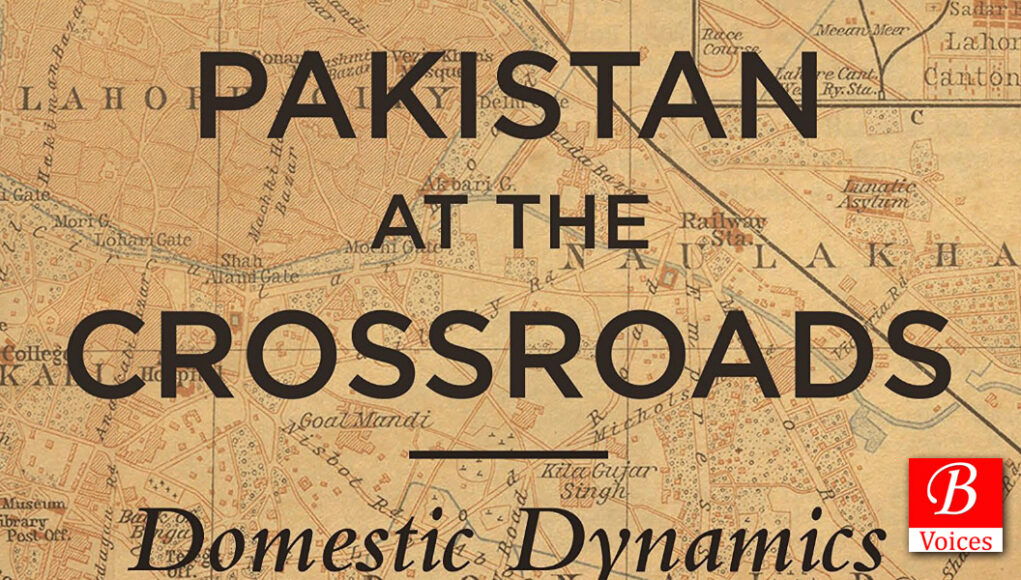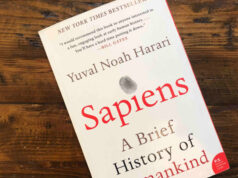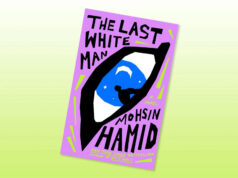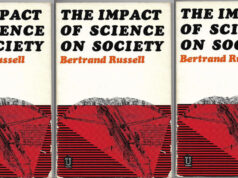Qamber Ali
This book is written by Christophe Jaffrelot. It is a great read for someone having an efficient intellectual interest in Pakistan’s statesmanship. It includes the domestic dynamics and international pressures between the civilian role and militancy.
Part 1 focuses on the domestic scenario of the country’s economic challenges and security-related issues. It explains the law enforcement agencies and their role in combating the crisis. Moreover, the Political parties of the country are deeply explained and their role in governance. It shows the operational challenges and power politics of Pakistan. The role of the judiciary in the politics of Pakistan highlights the judicial politics in the most extreme era of “war on terror”. Soon after, civilian control on the military takes Pakistan to complete Zardari’s era of democratic governance. However, ‘Kerry Lugar Bill’ fails to democratize Pakistan in the most extreme time of insecurities in the country. According to the writer, the Obama administration fails to set up civilian power and the economic ads are again misused for security concerns. The drone attacks in FATA become less hurting but unstoppable. It explains the militant organizations operating in South and North Waziristan. It includes reinforcements of the police departments and other law enforcement agencies and providing them the latest combating techniques which still fails the country from the most dangerous terrorist activities and international pressures.
Part 2 has the international dynamics and Pakistan tilt towards the USA, China, and the Arab world. Furthermore, Pak-US relations are long-term statistics which from 2016 never had an endgame strategy regarding the Afghan war but the recent Doha summit may prove the end of the long Afghan war. But the US has given many economic and military ads to Pakistan for challenges worth 12billion from 2002 to 2008. Among which, nearly 9 billion were spent on military strategies for defense. A new 1.5billion package was given to Pakistan from 2008 to 2012. This process of economic and military ads is as long as Pakistan itself which may stabilize Pakistan. The ad packages are not only being misused by the country, however, but international pressures also keep them disordered and misused-Christophe Jaggrelot. From such a result, Pakistan is “a hard country” with international pressure of power politics. Obama’s administration (given the award of the best diplomacy) was never a good option for a country like Pakistan because the role and the repetitive diplomatic efforts were like the old “clientelistic relationship” rather on mutual benefits. Clientelism and patronage have proven to have exclusive rigid policies which destabilize the country’s development.
Pak-China relationships are mutual relationships or symbiotic. It’s not only the government or the policymakers interested In China but, people of both countries too. Statistical research conducted in which 53% of Pakistanis hated America while 89% behaved mutual advantage with China. One can criticize that American ads are much more powerful than China’s mutualism where BRI (CPEC being a part) is another counterargument. This book is rich in facts and figures which also explain the role of Islam in the country’s politics and Pakistan’s diplomatic ties with the Gulf countries which are rationally important. But one thing that was missing was the role of Gulf countries in the time of war on terror. During the Bhutto era, his diplomatic efforts are highly appreciated who wanted to unite the Muslim world. Criticism of the Muslim world for not having good efforts to support the war on terror is another justification.
The last chapter explains the Pak-India improbable war and impossible peace. It’s not only the two countries that are in the hotspot on the land of Kashmir but the international pressures. On one hand, China and the USA are keeping their hands on both countries to balance the power in South Asia because if India’s nuclear arsenal crosses the equalities of the subcontinent, the USA or China balances the power in geopolitical South Asia.
The Author is a Student of Political Science at GCU Lahore and belongs to Turbat, Balochistan. He tweets at @qambibaloch.
Disclaimer: Views expressed in this article are those of the author and Balochistan Voices not necessarily agrees with them.
Share your comments!








